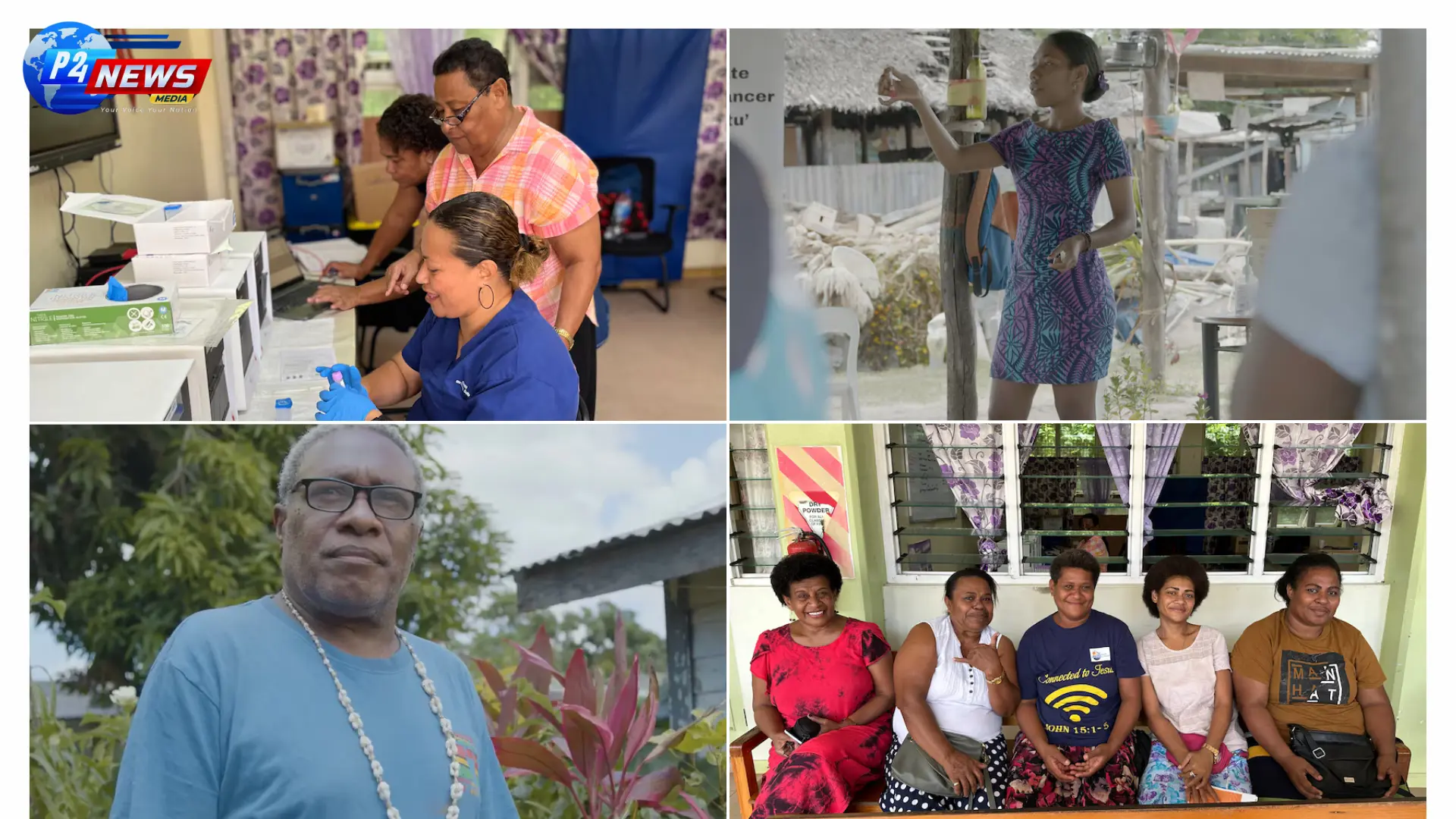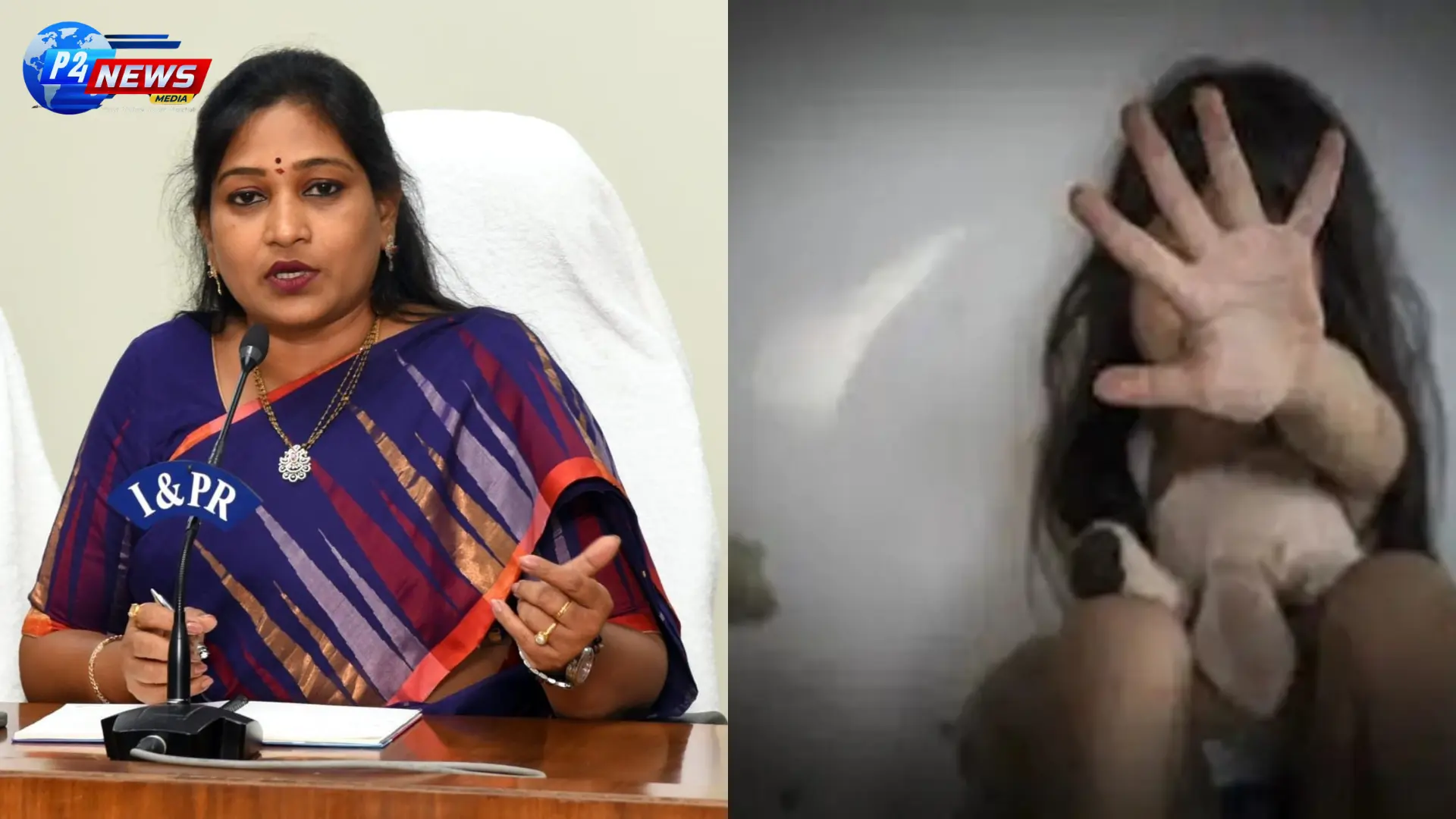The Kirby Institute, based at the University of New South Wales, has received a staggering $26 million donation aimed at enhancing cervical cancer screening and treatment across seven Pacific countries. This groundbreaking initiative seeks to combat the alarming rates of cervical cancer that disproportionately affect women in the region, significantly boosting access to timely medical interventions that can save lives.
Major Funding Revolutionizes Cervical Cancer Screening in Pacific Nations
The fight against cervical cancer in the Pacific has received a transformative boost with an unprecedented donation of nearly $26 million from The Swire Group. This funding, provided to the Kirby Institute at the University of New South Wales, is designed to enhance cervical cancer screening and treatment in seven Pacific nations. The initiative is particularly vital given the alarming statistic that Pacific women are 14 times more likely to succumb to cervical cancer than their Australian counterparts.
A Dire Need for Action
Cervical cancer stands as the leading cause of cancer-related deaths among women in the Pacific. Its impact is pervasive, affecting families and communities on multiple levels. According to health professionals, this disease touches the lives of everyone in the region in some way. In 2020 alone, approximately 145,700 women were diagnosed with cervical cancer, with 74,900 fatalities attributed to this largely preventable illness.
Strategic Use of Funds
The funding from the Swire Group will be allocated to intensify cervical cancer screening efforts, aiming to assist over 130,000 women across Fiji, Kiribati, Marshall Islands, Samoa, Solomon Islands, Tonga, and Vanuatu. Vanessa Price, who oversees the Asia and Pacific Health program at the Kirby Institute, emphasized the importance of this funding in saving lives. ‘This investment allows us to collaborate with nations to enhance their healthcare outreach concerning cervical cancer over the next five years,’ she stated.
Innovative Screening Solutions
Increased screening access is paramount given that early detection is crucial for successful treatment outcomes. The donation will facilitate the introduction of a new service that allows women to receive test results on the same day as their screening. The process includes self-collection of specimens, which can be tested on-site, providing results within one to two hours. This immediate feedback loop empowers women with timely information and treatment options.
Impact Stories from the Field
The new service has already made a significant difference in the lives of women like Hanson Siba from Vanuatu. After being diagnosed with HPV through the new screening process, she was able to receive treatment the same day. ‘It was an easy experience,’ Siba remarked, urging other women to prioritize their health. ‘I would recommend every lady check themselves before it’s too late,’ she added.
Community Advocacy
Community leaders are also stepping up to encourage women to participate in screenings. Maitonga Lulu Soeuso, from Mele village in Vanuatu, is a testament to the critical need for awareness. After losing his wife to cervical cancer shortly after she was admitted to the hospital, he now advocates for women to get tested. ‘Please take your chance with the funding available,’ he urges.
Looking Towards the Future
The generous donation is expected to significantly elevate cervical cancer prevention efforts in the region. Rachel Devi, a health official in Fiji, is eager to implement the new programs. ‘Eradication of cervical cancer is definitely on the horizon,’ she said, expressing optimism for the future of women’s health in the Pacific. While the road ahead may be long, the commitment to combating cervical cancer in the Pacific Islands has never been stronger, with hopes that this initiative will lead to a substantial decrease in cervical cancer cases and ultimately save numerous lives.
'
















Comments 0